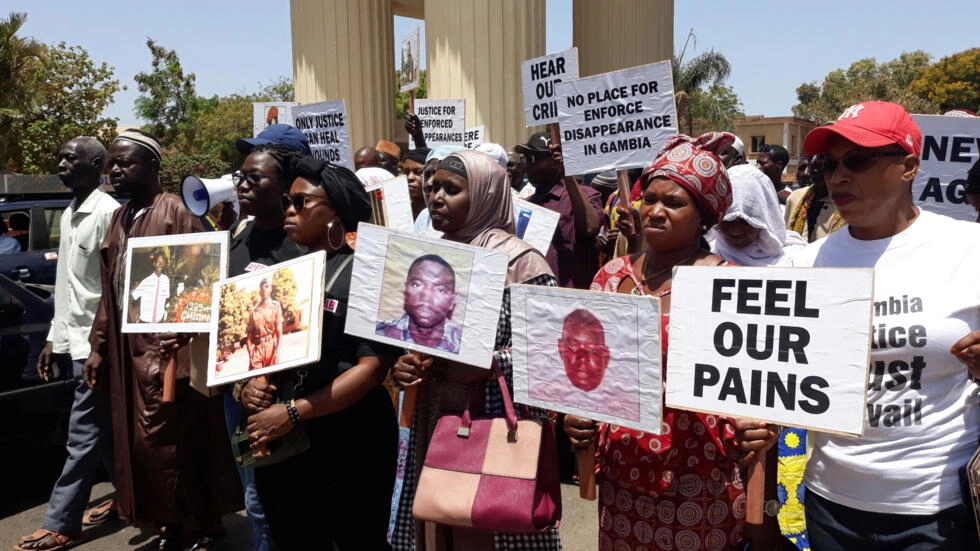Gambiaj.com – (Washington, United States) – The White House has freshly recommended terminating funding for nearly two dozen global war crimes and accountability programs — a move that could critically undermine The Gambia’s transitional justice process and efforts to bring former dictator Yahya Jammeh to justice.
According to internal documents reviewed by Reuters and sources close to the matter, The Gambia is among the countries whose crimes-related support is facing elimination under the proposal by the Office of Management and Budget (OMB).
The recommendation is not final but signals the administration’s intent to cut funding unless successfully appealed by the U.S. State Department.
The cuts are part of a broader policy direction under President Donald Trump’s “America First” doctrine, which has seen billions in foreign aid frozen or slashed since 2021.
This shift has already weakened U.S. global engagement on human rights and rule of law. If implemented, the latest round of cuts could deliver a significant blow to The Gambia’s fragile post-dictatorship justice reforms.
The Gambia’s transitional justice process — set in motion after Yahya Jammeh’s 22-year rule ended in 2017 — has relied on international support to investigate and prepare for the prosecution of alleged crimes committed under his regime.
These include extrajudicial killings, torture, enforced disappearances, and sexual violence, as extensively documented by the Truth, Reconciliation and Reparations Commission (TRRC).
Many of the programs at risk, including some that operate in The Gambia, provide legal assistance, forensic expertise, and support for investigations meant to lay the groundwork for future domestic or hybrid prosecutions.
Termination of such funding could stifle the momentum gained since the TRRC submitted its final report in late 2021, which recommended the prosecution of Jammeh and dozens of his close allies.
“This would be a catastrophic reversal for accountability in The Gambia,” said a human rights advocate in Banjul, who asked not to be named. “We are at a critical juncture. The promised prosecutions, whether through a hybrid court or domestic mechanisms, are heavily dependent on international legal and financial support.”
The U.S. has not been the sole backer of The Gambia’s transitional justice, but its role — including through State Department grants and expert networks — has been pivotal in international advocacy and legal capacity building.
Although the OMB recommendations can be challenged, the internal criteria for appeal are stringent. State Department bureaus must demonstrate that the program directly aligns with administration priorities.
Observers say this could be difficult, especially with the Trump administration’s track record of deprioritizing international justice and human rights.
The State Department has until July 11 to submit its justification for preserving any of the programs, according to an internal email cited in the Reuters report.
There is little optimism that Secretary of State Marco Rubio will advocate strongly for reversing many of the cuts, though some sources suggest he may fight to retain support for Ukraine’s war crimes documentation efforts.
In The Gambia, the proposed U.S. withdrawal raises broader concerns about whether other donors might also scale back, leaving civil society groups, victims, and justice institutions in limbo. The government has yet to make a formal statement on the matter.
As The Gambia continues to wait for the operationalization of a proposed hybrid court to try Jammeh-era crimes — a plan under negotiation with ECOWAS and the African Union — this potential loss of U.S. support could delay justice even further.
Without sustained international pressure and funding, human rights groups warn, accountability for one of West Africa’s most brutal autocracies may remain elusive.










